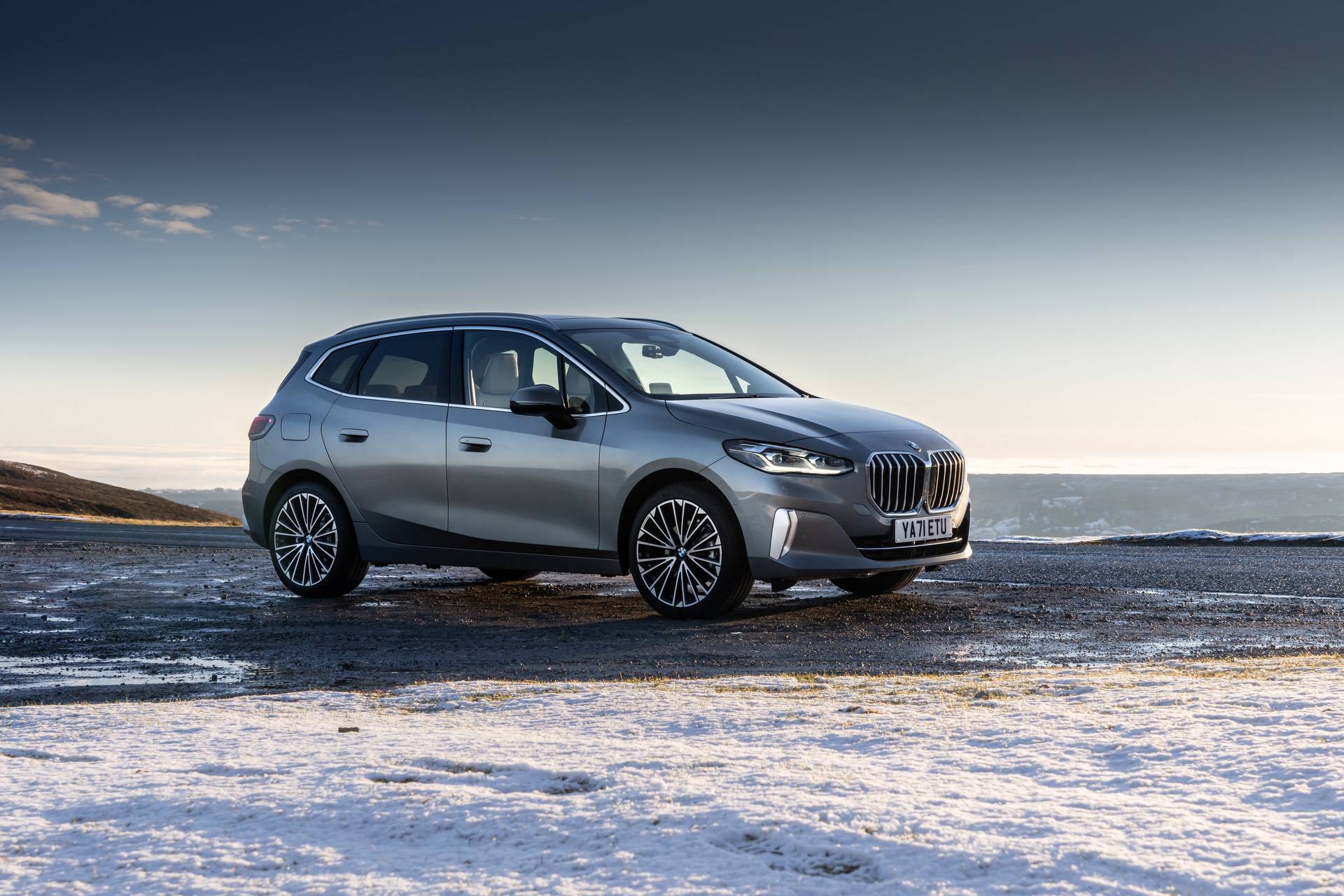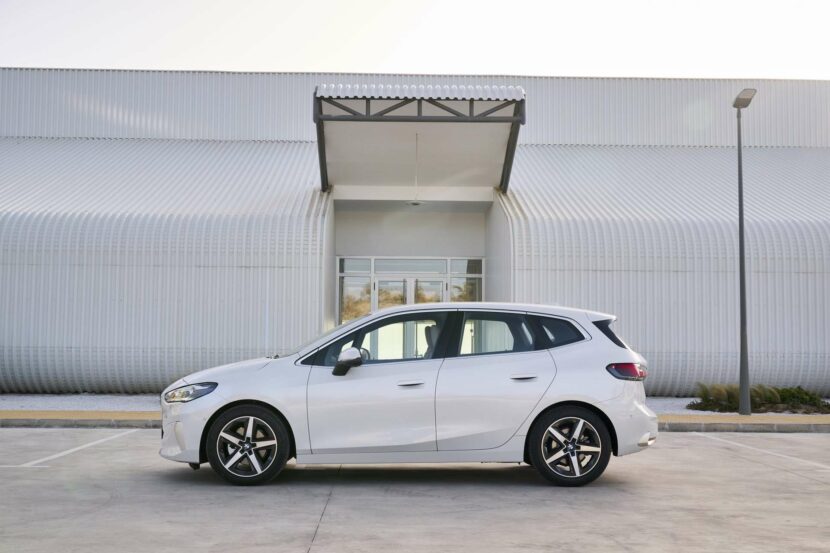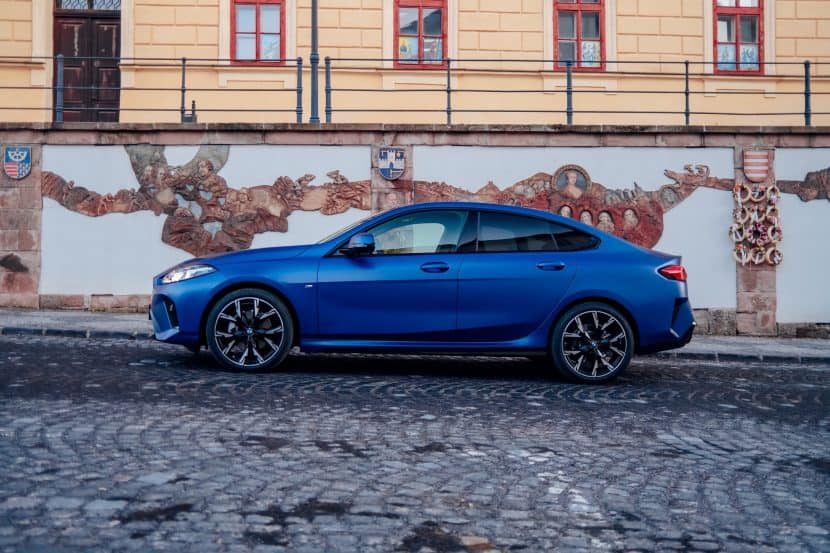A front-wheel-drive minivan is the most unlikely BMW we can think of, but the 2 Series Active Tourer has been successful enough to warrant a second generation. The family hauler internally codenamed “U06” is available with multiple gasoline, diesel, and plug-in hybrid powertrains, but there’s one more in the works. If we were to rely on a new report, a 220d is months away from entering production.
According to a well-known BMW insider from the Bimmer Post forums, the future diesel flavor of the 2 Series Active Tourer will slot between the 218d and the 223d xDrive. It’s supposedly going to be called 220d and will essentially be a mild-hybrid variant of the 218d. This front-wheel-drive diesel variant is scheduled to hit the assembly line at the Leipzig plant in Germany this July.
We’ll remind you the 218d Active Tourer boasts a 2.0-liter turbodiesel four-cylinder engine that pushes out 150 hp and 360 Nm of torque. The oil-burner is good enough for a 0 to 62 mph (100 km/h) sprint in 8.8 seconds and a top speed of 137 mph (220 km/h). If the mild hybrid setup is anything like the 48V tech used in the 223d xDrive, the electric motor will be good for another 19 hp and 55 Nm. The gasoline models with a mild-hybrid system employ the same setup.
According to the same insider, BMW intends to keep this generation of the 2 Series Active Tourer in production for an unusually long time. It’s purportedly sticking around until October 2033, which means the compact minivan will have been 12 years old at its expiration date. There’s no word about a Life Cycle Impulse, an LCI the mechanically related 1 Series and 2 Series Gran Coupe are also skipping. However, these two cars will transition to the next generation later in 2024.
If BMW does plan to keep the 2 AT in production for so long, surely there will be more updates along the way. The minivan has already transitioned to iDrive 9 with the vehicles produced starting November 2023. Tweaks to the combustion engines to meet increasingly stringent emissions regulations could be planned, especially with the Euro 7 standard looming.
Source: Bimmer Post






































































